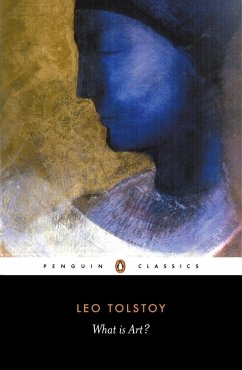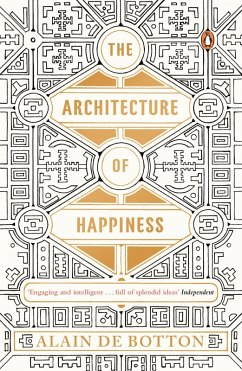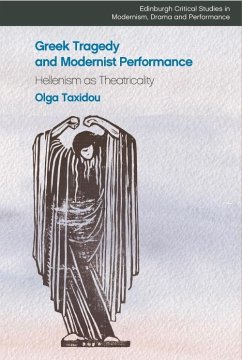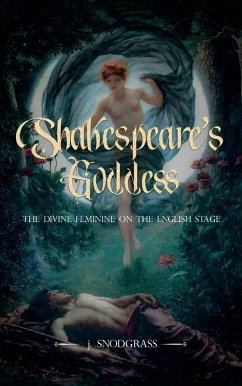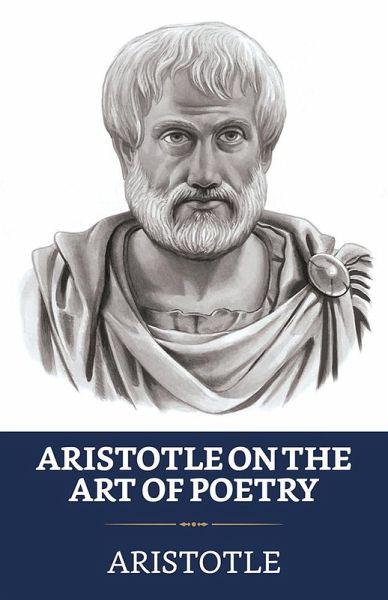
Aristotle On The Art Of Poetry (eBook, ePUB)
Versandkostenfrei!
Sofort per Download lieferbar
0,99 €
inkl. MwSt.
Weitere Ausgaben:

PAYBACK Punkte
0 °P sammeln!
Aristotle's Poetics is the earliest surviving work of dramatic theory and first extant philosophical treatise to focus on literary theory. For we shall be gainers, I take it, if this can be proved.' Aristotle certainly knew the passage, and it looks as if his treatise on poetry was an answer to Plato's challenge. Few of the great works of ancient Greek literature are easy reading. They nearly all need study and comment, and at times help from a good teacher, before they yield up their secret. And the Poetics cannot be accounted an exception. For one thing the treatise is fragmentary. He define...
Aristotle's Poetics is the earliest surviving work of dramatic theory and first extant philosophical treatise to focus on literary theory. For we shall be gainers, I take it, if this can be proved.' Aristotle certainly knew the passage, and it looks as if his treatise on poetry was an answer to Plato's challenge. Few of the great works of ancient Greek literature are easy reading. They nearly all need study and comment, and at times help from a good teacher, before they yield up their secret. And the Poetics cannot be accounted an exception. For one thing the treatise is fragmentary. He defines poetry as an art that imitates: "imitation . . . is one instinct of our nature" and "the objects of imitation are men in action."
Dieser Download kann aus rechtlichen Gründen nur mit Rechnungsadresse in A, D ausgeliefert werden.




